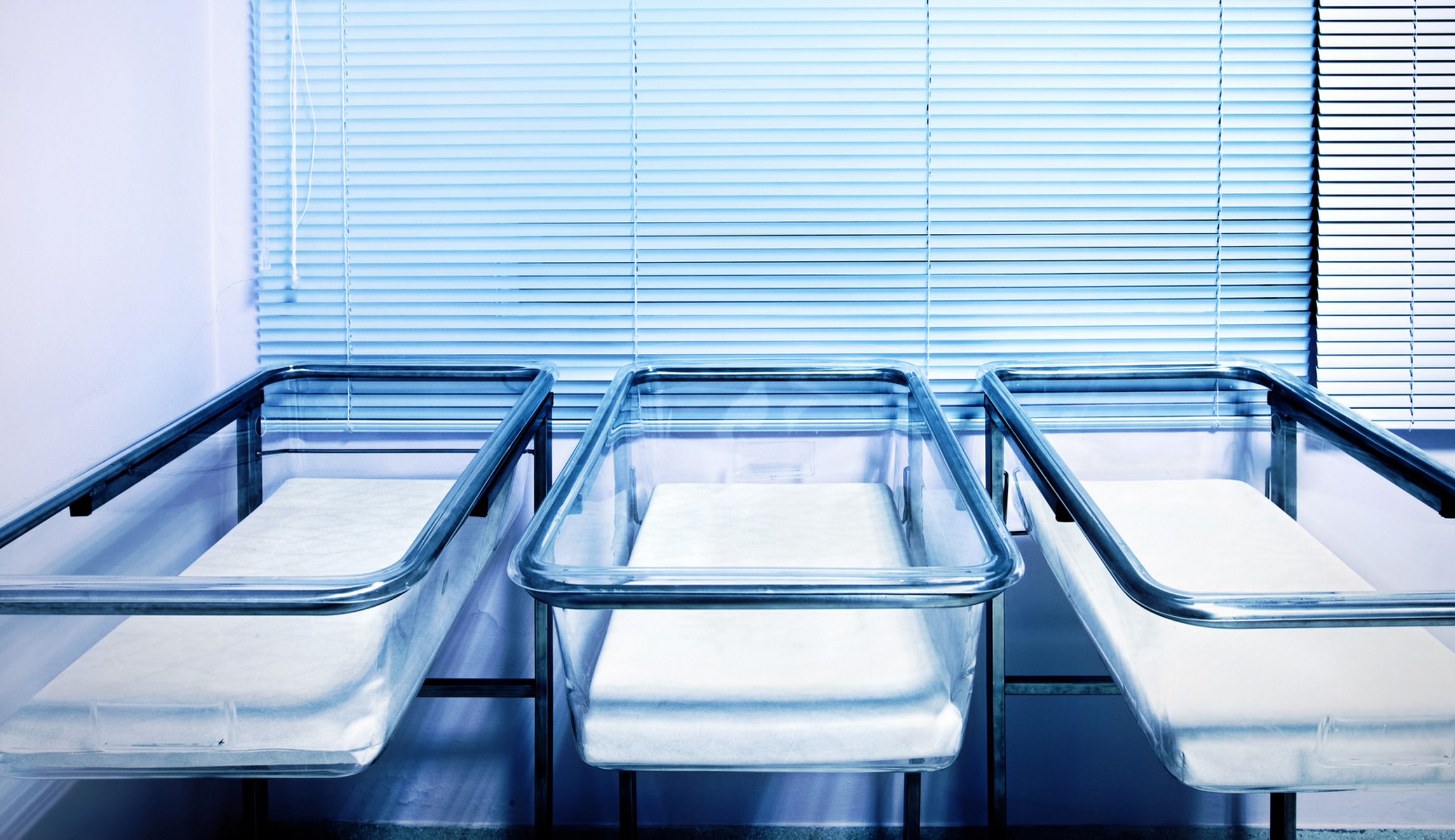Our demographic picture is bleak not merely because people are having fewer babies than ever before. It is so bleak because the childless mostly do not want children, and the reasons they give do not seem terribly easy to overcome.
Nearly two-thirds of childless women in a recent Harris poll said they have no desire to have children. The pollsters asked childless adults to list their reasons for not wanting children. Only one reason was given by a majority of childless adults: the desire to preserve personal independence. Independence was not only the most common reason listed — it was also the most likely to be cited as the single most important reason.
ALMOST 40% OF VOTERS WOULD SUPPORT OPPOSITE PARTY FOR CHEAPER HEALTHCARE: POLL
This undermines a whole strain of public policy debates over the baby bust. Policymakers, commentators, and scholars all look to France or Hungary for methods to juice the birthrate. If the main obstacle to family formation were the costs of daycare or diapers, then daycare subsidies or a child allowance could help. All the data show that handing money to parents does fuel babymaking, but only slightly — and at a high cost.
“Public policy solutions are unlikely to have much impact on birth rates,” concluded psychologist Clay Routledge and pollster Will Johnson. “Because Americans who are opting out of having children are more influenced by their desire to maintain their personal independence than concerns about climate change or affordable housing.”
The pollsters at Harris said their findings also undermined the notion that “external factors” were behind the baby bust. After all, “U.S. politics” or “climate change” were further down the list, with only 31% and 28%, respectively, citing those as reasons not to have children.
But this distinction between interior motivations and external factors may not be a real one. If our falling birthrates are due to a love of independence, that suggests that independence is rising in relative value in the eyes of our young adults.
CLICK HERE TO READ MORE FROM THE WASHINGTON EXAMINER
Maybe independence is more valuable now than it was a generation ago or at any other point in human history. But independence is something of a negative good, as the prefix “in-” suggests. If independence is rising in salience, that suggests that we are all finding fewer things worthy of our attachment.
We face a poverty of meaning, and so we see little reason in making more of us.








